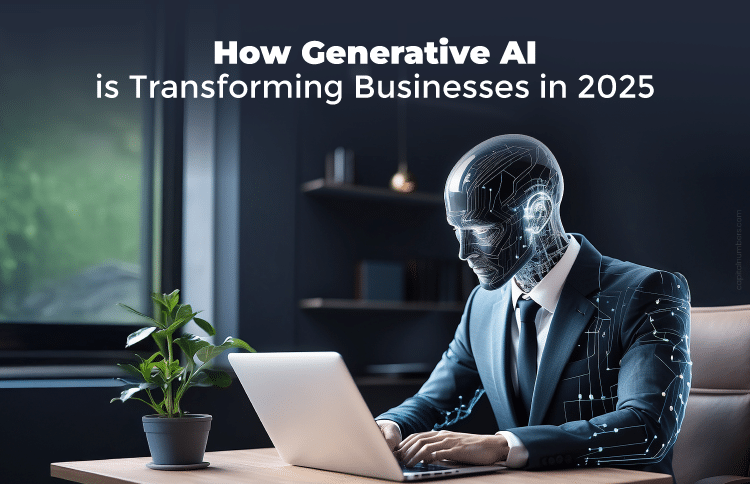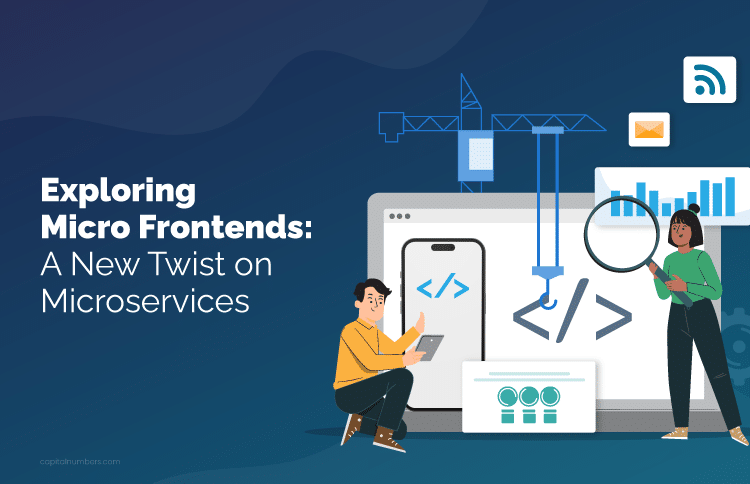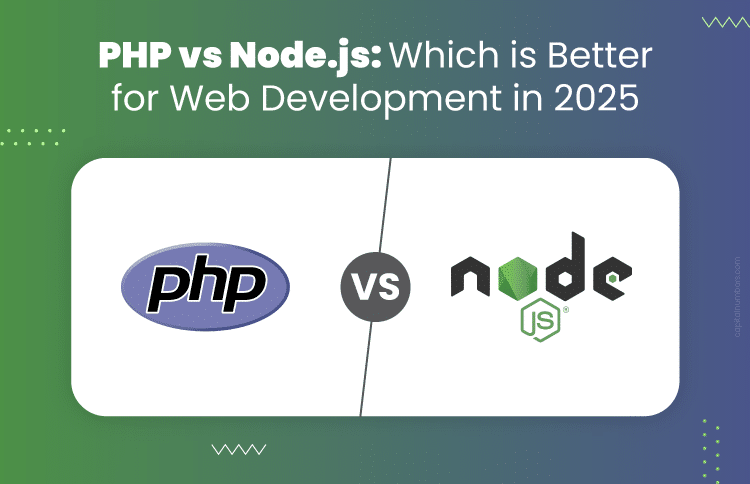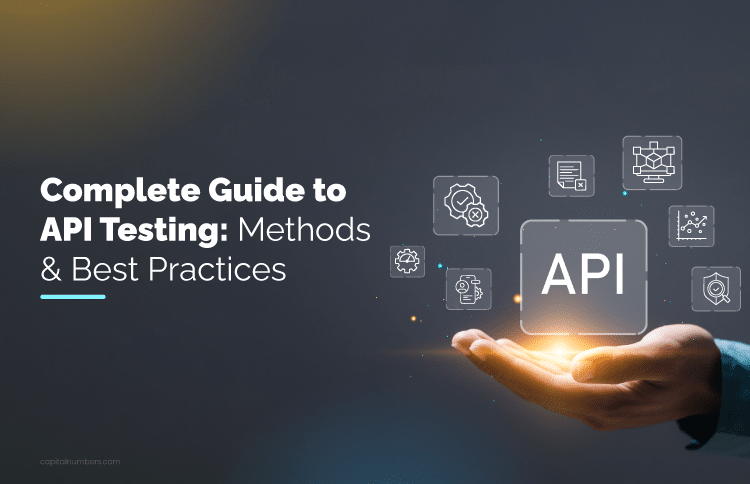How Generative AI Is Transforming Businesses in 2025
Table of Contents
As we move further into 2025, the landscape of business technology is undergoing a dramatic transformation, driven largely by advancements in Generative AI. This technology, which was once seen as a niche interest, is now a core part of the way companies interact with customers, optimize operations, and improve the customer experience. In this blog, we’ll explore how businesses can leverage Generative AI across several domains to enhance efficiency, personalization, and productivity.
1. Conversational AI Bots: Personalized Interactions Anytime, Anywhere
In recent years, businesses have adopted conversational AI bots for customer support and engagement, but the technology has evolved far beyond simple automated responses. Today, AI-powered bots can engage in natural-sounding, personalized conversations with customers, even over the phone.
These advanced bots can handle a range of tasks, such as appointment booking and cold calls. But the real power lies in their ability to tailor each conversation based on individual customer data. The AI learns and adapts to your preferences, understanding your tone, needs, and history with the brand, to ensure the interaction feels unique and relevant every time.
For businesses, this means not only increased efficiency but also improved customer satisfaction. By leveraging AI-driven conversational agents, businesses can streamline processes like appointment scheduling or even follow up with leads through cold calling with pre-set instructions. With the power to scale such operations, companies can free up human resources for higher-level tasks, while maintaining a consistent, personalized interaction with customers.
2. AI Agents for Dynamic Decision-Making and Task Management
Another area where Generative AI is making waves is in AI agents capable of understanding user queries and taking dynamic actions based on them. This technology goes beyond static chatbots by enabling the AI to make real-time decisions, allowing businesses to automate complex workflows and provide seamless customer experiences.
For instance, imagine a banking AI agent that recognizes a customer’s issue and immediately knows which department or agent to involve. It could identify a grievance about a missing transaction, contact the appropriate team, and even trigger actions like issuing a refund or scheduling a follow-up call.
By utilizing AI agents, businesses can create multi-step workflows that are personalized to each customer’s situation. This is particularly valuable for industries with diverse customer needs, like finance, healthcare, and e-commerce, where resolving customer issues requires complex, context-driven actions. In 2025, this kind of technology will empower businesses to not only address customer concerns faster but also reduce manual labor, improving operational efficiency.
3. Granular Marketing with Customized AI-Generated Content
Generative AI is a game-changer when it comes to personalized marketing. Traditionally, businesses have relied on broad marketing strategies, sending out generic messages to large groups. However, with Generative AI, companies can now engage with customers on a granular level, creating highly personalized content tailored to individual preferences and needs.
One of the most exciting applications of this technology is the ability to create customized AI-generated videos. Picture a scenario where a business wants to market a product to a specific audience. With Generative AI, the company can create a video that appears to be spoken by a specific person—whether that’s a CEO, influencer, or customer representative. But here’s the twist: it’s not the real person, but an AI-created version that mimics their appearance and voice.
This could drastically reduce production time and costs while maintaining a high level of authenticity. Marketers can create various versions of the same video, addressing different customer segments with the exact messaging that resonates most with them. Imagine running campaigns where the AI’s video content speaks directly to your customer’s needs and interests, cutting down on time-consuming editing and video production, and enhancing engagement with personalized content.
4. AI-Powered Self-Service: Efficient Query Resolution
For businesses in sectors like retail or technology, customer queries are an inevitable part of daily operations. However, not all inquiries require direct involvement from a human representative. With Generative AI, businesses can upload resources such as product manuals, FAQ databases, or historical customer support interactions to train an AI system capable of resolving common queries automatically.
This makes the process of customer service far more efficient, as AI-driven self-service solutions can answer frequent or basic questions without requiring customers to reach out to a human agent. For example, a customer looking for product details can simply interact with a virtual assistant that provides instant responses derived from the company’s resources. This is especially valuable in industries where customers have a high volume of questions but the queries themselves are repetitive in nature.
With the ability to quickly resolve routine inquiries, businesses can improve customer satisfaction by providing faster response times while freeing up their customer support teams to handle more complex or unique issues. Over time, this leads to better resource allocation and more streamlined operations.
You May Also Read: The Future of Conversational AI with ChatGPT
Conclusion: The Future of Business with Generative AI
The integration of Generative AI into business processes is not just a trend—it’s becoming a necessity. From conversational AI bots that deliver hyper-personalized experiences to intelligent agents that make real-time decisions, AI is paving the way for more efficient and customer-centric operations. Businesses that invest in these technologies will not only stay competitive but will also unlock new opportunities for growth, efficiency, and innovation.
By embracing Generative AI, companies can engage customers more personally, automate decision-making, and streamline their operations—ultimately creating a future-proof business that is ready to thrive in the AI-powered world.

















